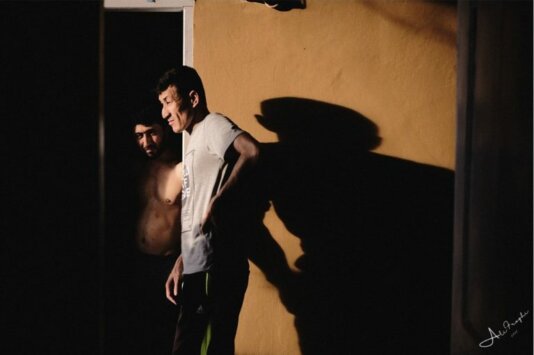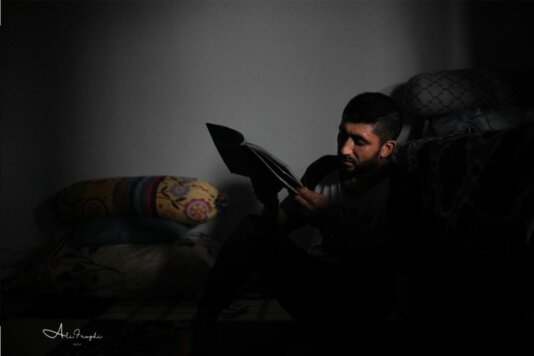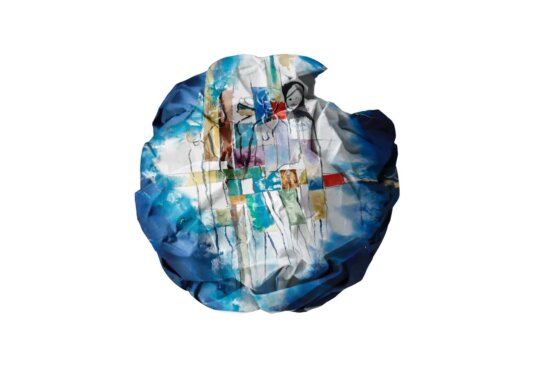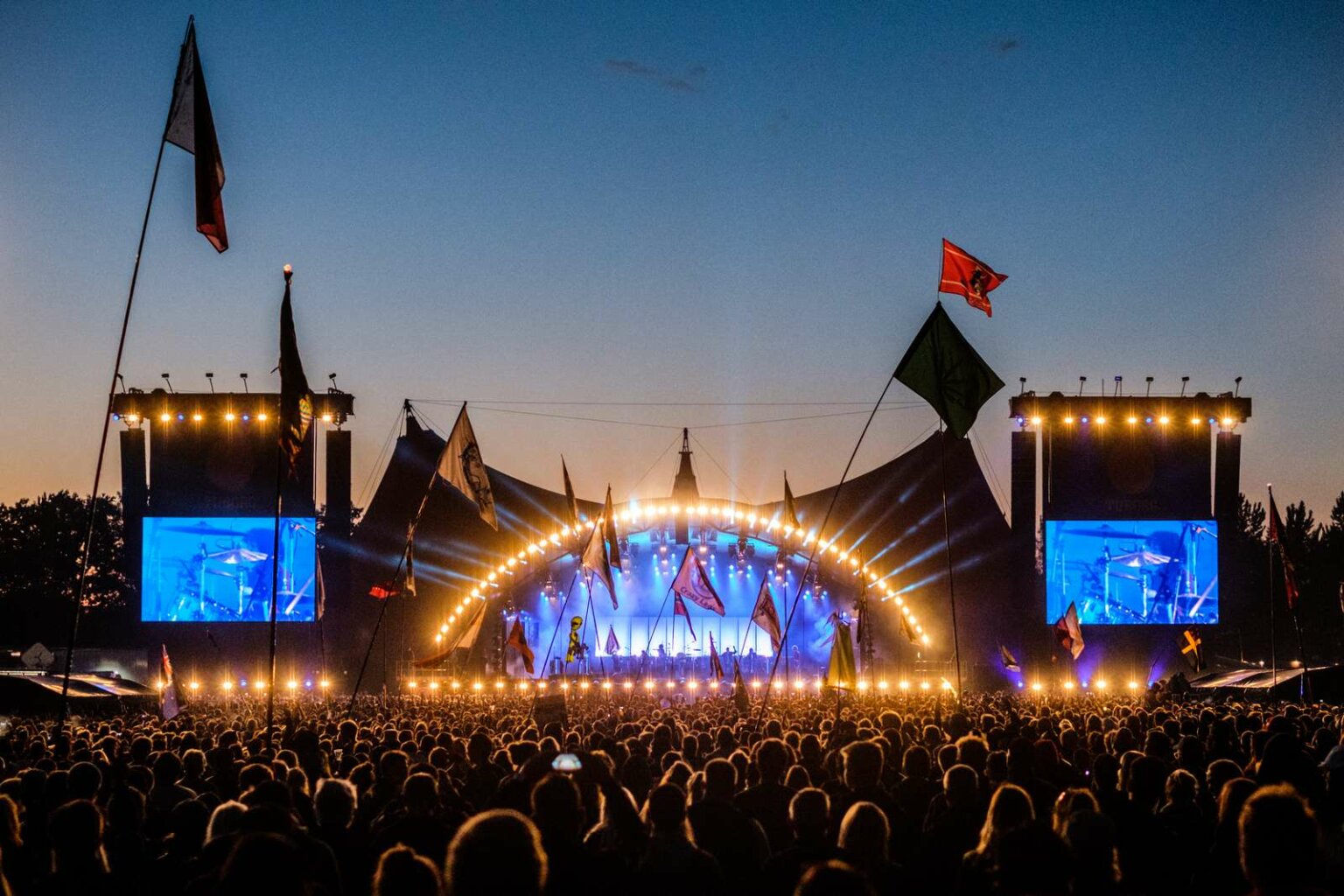- About
- Topics
- Picks
- Audio
- Story
- In-Depth
- Opinion
- News
- Donate
- Signup for our newsletterOur Editors' Best Picks.Send
Read, Debate: Engage.
| February 24, 2021 | |
|---|---|
| topic: | Refugees and Asylum |
| tags: | #refugees, #asylum seekers, #art, #Indonesia |
| located: | Indonesia |
| by: | Magdalena Rojo |
She also established the Sisterhood Women’s Empowerment Centre for women refugees in Indonesia. Mental issues of refugees are one of the biggest challenges that Weedshan wants to address with her writing.
FairPlanet: How did you get to Indonesia?
Warsan Weedhsan: It started with a long journey from East Africa to Malaysia by plane. From there, I came to Indonesia with other Afghan refugees by boat. I spent two nights and three days on the sea. First, I arrived in Medan, Sumatra, and from there to Jakarta, with the support of a smuggler. It really was a long journey, seeking safety and better life in general.
Indonesia has not signed the 1951 Refugee Convention, which means you cannot ask for asylum in the country. What is your situation there like?
As a refugee in Indonesia, I am completely stuck in limbo but still – we have survived. We are still alive. Even though I cannot marry, I cannot drive, I cannot open a bank account. If I have a kid, I get no birth certificate. Since there is no legal support for refugees, we at least provide support for each other inside the communities.
The Archipelago, an artists' and writers' platform, is one of your activities. Why and how did it start this project?
Many who are displaced and are living without any rights lose motivation for their dreams because they struggle to even meet their basic needs. However, some dream of becoming writers, artists, photographers, journalists and public speakers. So, we built a writer’s collective within the refugee community in Indonesia.
When we first invited people to sign up for the collective, we received more than one hundred emails from people who were interested in getting trained. Our writers are from Somalia, Eritrea, Sudan, Afghanistan, Myanmar and Pakistan, and almost half of our group are women.
Why is it important that refugees tell their stories themselves?
There are many journalists in Indonesia who have interviewed us but when they published our words, it was not what we said. It was stressful for us. Archipelago gives refugees an opportunity to directly write their own story. We came together and we try to make this work together. We write about our situation and share our stories with a global audience.
Some of us only use our mobile phones to write since we have no laptops. These stories can bring our voices up. We also need the host community in Indonesia to understand us so we write for them too. And, at the end, we also become writers so that we can have different lives here and be self-sustainable.
How do you work together?
For example, one of our last articles was about suicide prevention. We came together and collected information on how refugees can be safe. Since last year, the number of suicides among refugees has become higher. We share ideas; we give each other feedback on what we write.
Another thing is integration. We come from different countries and we are different but when we created Archipelago, we started learning about each other's problems. Archipelago gives us a space to share. To become a writer, you do not have to have a diploma, you just need to want to become a writer and commit to become a member and then we have editors and coordinators who help.
What does writing mean to you?
It is a space for my freedom. I do not have any freedom nor do I have any rights in this world, but my pen and my notebook are my best friends. When I reach for my pen and notebook, I feel really free, no one judges me. I can write anything. Writing to me is healing. Just like some people use medicine when they are in pain, I use writing and I feel relieved.
I tell my fellow refugee women: if you cannot use your voice, you can use a pen and then we can change the world. My experience is a good example. I write myself and at the same time, I support others to raise up their voices and stories towards love and justice.
What issues women refugees in Indonesia face that you as a writer address?
All the refugees in Indonesia need safety, and by that I mean respect for their human rights. No matter where they sleep, all of them are in the same situation because they live an indefinite life.
Second issue is women empowerment and education and that is linked to vulnerability to gender based violence. If women get educated they know their rights.
And, the third issue that I believe needs more attention is mental health. Living 15 years without any progress, made a lot of refugees lose their life. Only in the last 6 – 7 months, there have been 5 suicides of refugees between 20-30-years-old. When the pandemic hit, many refugees did not feel their mental health was paid enough attention to. I also feel very isolated even though I have a lot of friends who call me. There are people who already gave up.
Many refugees have normalised the topic already, but suicide is a disaster. We have written various articles already. Archipelago does not want to blame anybody but we want to find a solution -- may it be mental health training, psychological counseling or hotline help. These things are not available.
You also co-established the Sisterhood Women’s Empowerment Centre for refugee women. What drives you to be a support to other women when your situation is similar to theirs?
I was working as a teacher and an interpreter inside the community when four other refugees and I realised that women refugees have no space to learn. We started a skill building livelihood program for women to understand they have value. We wanted them to take care of themselves without being dependent on their men. There are also a lot of single mothers who cannot even count.
They started with skill training, yoga, cooking, tailoring, English, Indonesian Bahasa. In 2018, we wanted to take care of 100 women but today there are more than 400 women.
It makes me feel helpful, I am using my time usefully instead of sitting in my room only. I think it is an obligation when you have a sister that needs help to help her. There is a saying “no woman is free when another woman is suffering.”
Image: painting by Farahnaz Salehi via The Archipelago website.
By copying the embed code below, you agree to adhere to our republishing guidelines.



